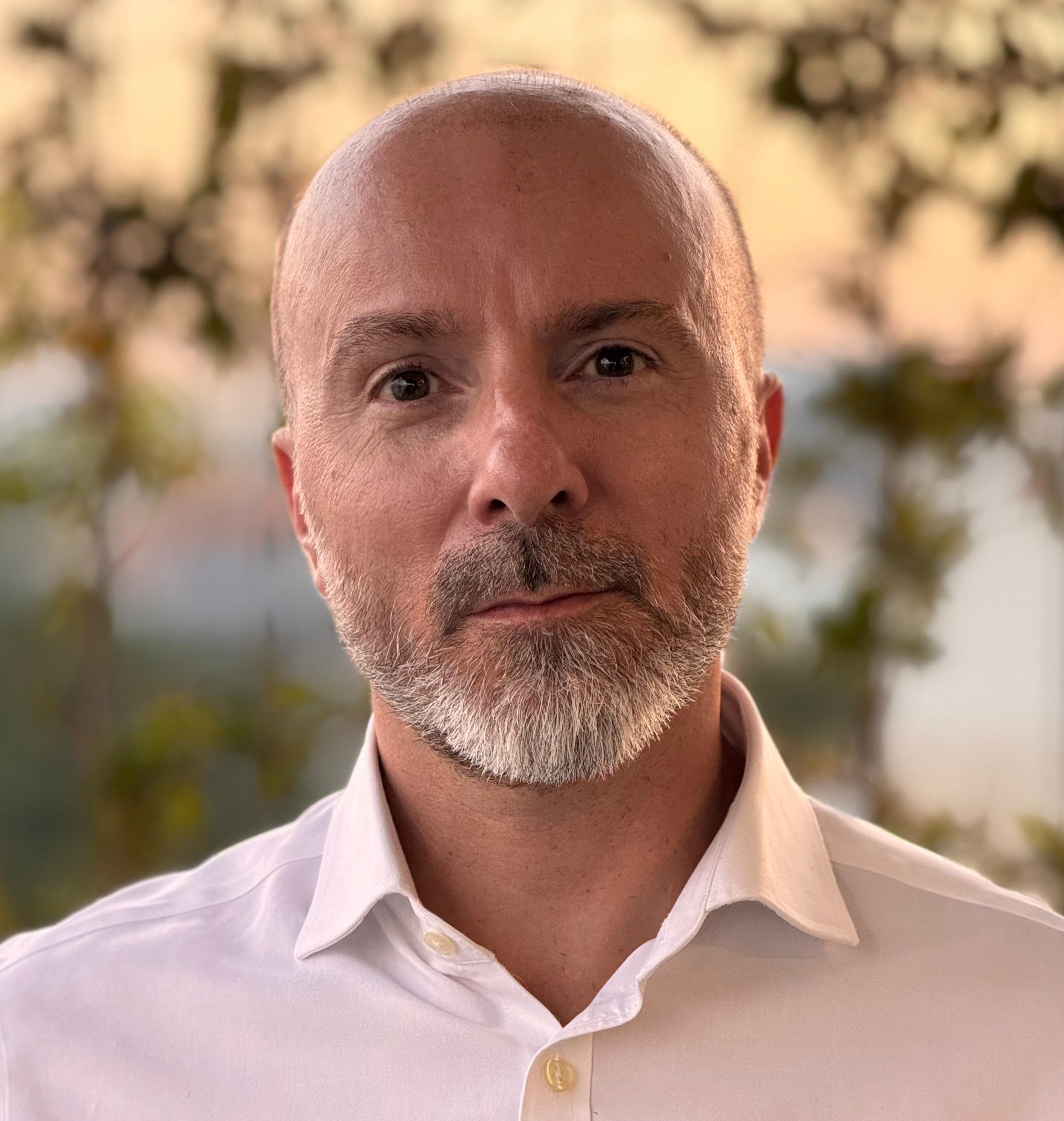Imagine you stumble on a time machine and land in ancient Athens. You walk the streets telling people you’re from the future. Most laugh you off, but one curious philosopher – Demokritos – decides to entertain you.
“So, tell me,” he says. “What is the future like?”
You proudly explain: we drive automobiles, we soar in airplanes, we light our homes with the flick of a switch. We even have machines – computers – that can think like humans.”
Demokritos leans in. “Fascinating! But tell me, how do these computers work? Do they have a brain, like humans?”
You hesitate. “Not exactly. They have… microchips.”
“And what are those?” he presses.
You fumble. “Little plastic pieces… with wires and things…”
In that moment, it dawns on you: you can describe what computers do, not how they work. What felt like knowledge suddenly crumbles.
This little encounter with Demokritos, who leaves shaking his head in disappointment, shows how easily we fool ourselves. We think we understand something – until someone asks us to explain it. Psychologists call this the illusion of explanatory depth. Take a zip: you use it every day, but could you clearly explain how the tiny teeth lock together?
How often have we expressed strong opinions on topics we don’t understand well? “Property never loses value,” we say confidently, without really grasping how markets work. Or we propose simple solutions to complex problems like housing: “just build more homes and the problem disappears.”
Why does this happen? Our brains crave simple explanations. If you drop an egg, it breaks – cause and effect feels neat and true. The problem comes when we try to oversimplify genuinely complex issues. Consider the simple logic of ‘build more roads to reduce traffic.’ It seems obvious – more lanes mean more space for cars. But traffic engineers know that new roads often attract new drivers, a phenomenon called induced demand.
Some who previously took the bus or avoided rush hours now drive because it seems easier. Others change their routes. Within a few years, the additional capacity fills up and congestion returns. People believe the simple story because it feels intuitively correct, but they miss the deeper system at work.
What can we do about this? If you want to understand how well you know something, try explaining it to a child. If they don’t get it, you probably don’t know it as well as you think. There’s an old joke about a physics professor who was trying to explain quantum physics to his students: “I explain it once, no one understands. I explain it twice, still nothing. I explain it a third time, and then I understand it.” If you don’t know something well, how can you explain it to others?
And next time you come across an overconfident politician offering simple solutions to complex problems, ask them ‘How’, not ‘Why’. Take corruption as an example. They’ll start by telling you why it’s so important to fight it: “it destroys trust in institutions,” “it harms the economy”. All true. Then they’ll propose a simple solution: “We need tougher laws” or “more transparency.” Because you recognise the importance of the problem and feel the urgent need to address it, the simple solution sounds appealing. But ask how exactly this would work – who would enforce the laws, who would monitor the enforcers, how do you handle pushback from powerful interests – and keep asking. Don’t stop at the first “we’ll create a committee” or “we’ll strengthen oversight.” Go deeper: which committee, with what authority, what budget, what happens if it fails?
If you really want to learn something, don’t settle for easy answers. In 1854, a cholera outbreak swept through London. The prevailing wisdom was certain: cholera came from “bad air,” the miasma that hung over crowded neighbourhoods. Most experts stopped there. But a physician named John Snow was curious enough to ask a different question: how was the disease really spreading? Snow went door to door in Soho, mapping every death. A clear pattern emerged: most victims lived near a single water source, the Broad Street pump. Acting on this insight, he persuaded officials to remove the pump handle. The outbreak quickly subsided. Snow had discovered that cholera spread through water decades before microbiology confirmed it scientifically. His discovery saved thousands of lives and laid the foundations of modern epidemiology.
If you met Demokritos again tomorrow, you may still struggle with microchips. But this time you could tell him honestly: “I don’t know.” And to paraphrase another famous Athenian, it’s better to know what you dont know.






Click here to change your cookie preferences